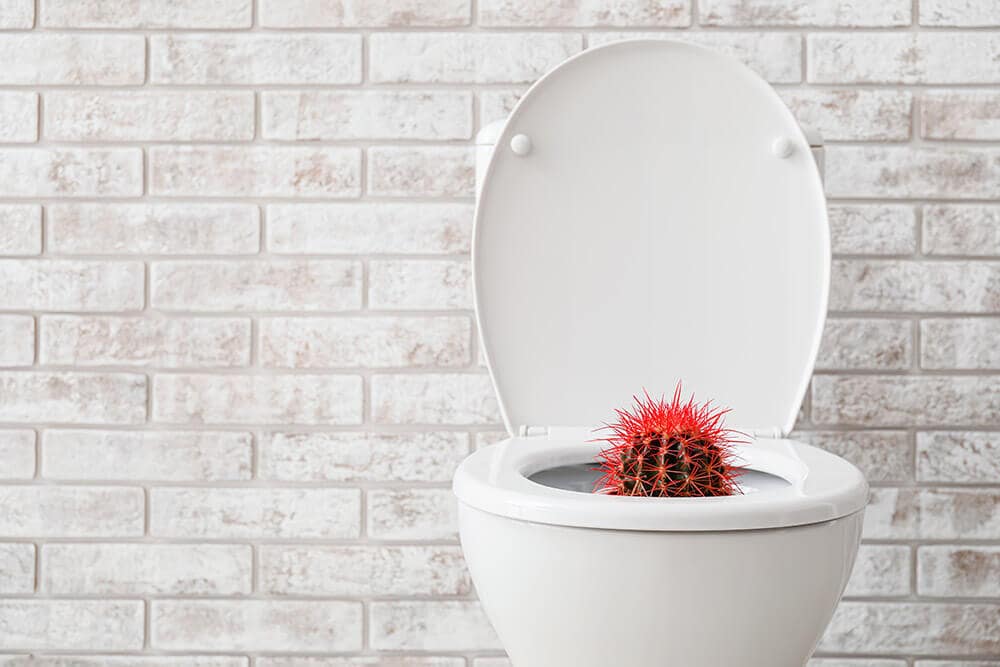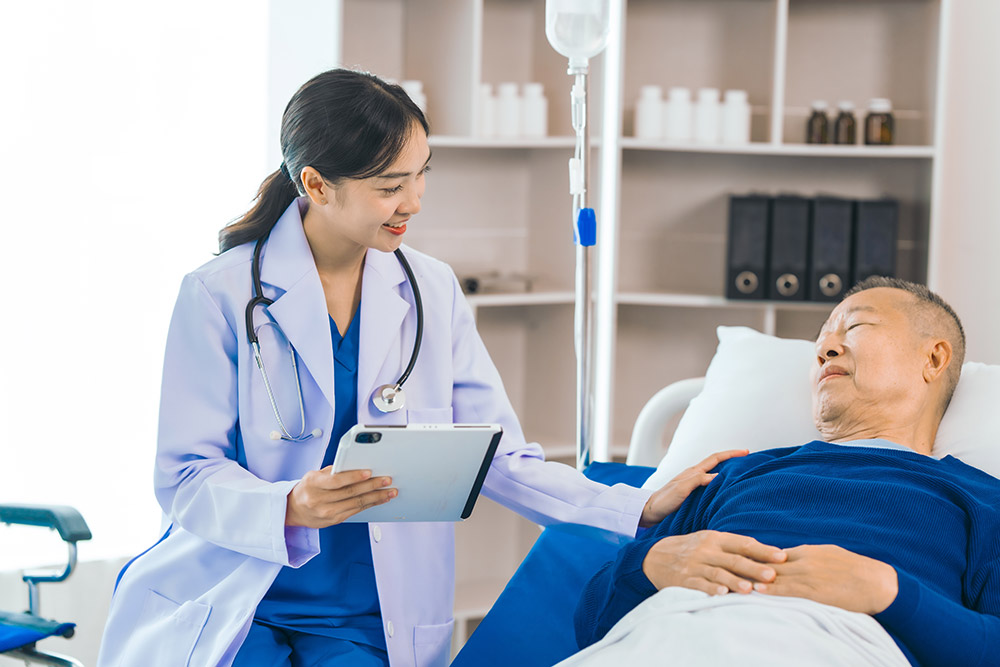What Is Pelvic Discomfort?
Pelvic discomfort is pain or pressure in the lower belly, hips, or groin. It can feel sharp or dull, and may come and go or stay constant. The pain may be deep inside or near the pelvic floor muscles. It can affect daily life, work, sleep, and emotional well-being.
Common Causes and Risk Factors
- Urinary tract infections (UTIs) or bladder problems
- Irritable bowel syndrome (IBS) or trapped gas
- Endometriosis or uterine fibroids
- Pregnancy-related pressure, especially in the second or third trimester
- Tight or weak pelvic floor muscles
- Kidney or urinary stones
- Left-sided pain from ovarian cysts or diverticulitis
- Spine problems that cause back and pelvic pain
- Hormonal shifts after your period
Signs and Symptoms
- A dull ache or cramping in your lower belly
- Sharp pain during movement or lifting
- Burning feeling when urinating
- Bloating, gas, or changes in bowel habits
- Pain during or after sex
- Discomfort in the hips, groin, or lower back
- A heavy feeling or pressure in the pelvis
How Dr. Rishi Diagnoses Pelvic Discomfort?
Symptom Review & Medical History
Dr. Chadha begins by discussing your pain characteristics, triggers, menstrual cycle, and any prior treatments or surgeries.
Physical Examination
A gentle abdominal and pelvic exam assesses areas of tenderness, muscle tone, and pelvic floor function.
Laboratory Tests
- Blood tests to check for infection or inflammation markers
- Urine analysis to rule out urinary tract infections or kidney stones
Imaging Studies
- Pelvic ultrasound to visualize the uterus, ovaries, and bladder
- MRI or CT scan for more detailed evaluation of soft tissues and deep structures
Endoscopic Evaluation & Specialist Referrals
If bowel issues are suspected, Dr. Chadha may recommend a colonoscopy or upper endoscopy. He can also refer you to a pelvic floor physical therapist for targeted muscle assessment.
Frequently Asked Questions
What causes pelvic discomfort after your period?
Hormonal changes can trigger cramps and inflammation. Heat and OTC pain relief often help.
Can pregnancy cause pelvic pain on one side?
Yes. As the uterus grows, ligaments stretch and may cause pain on one side.
How are back pain and pelvic pain connected?
Back issues or tight muscles can send pain signals to the pelvic area.
Is gas and pelvic pain normal?
Occasional gas is normal. But frequent bloating may mean IBS or gut imbalance.
When should I see a doctor?
If pain lasts more than a week or comes with fever, weight loss, or blood in urine'seek care.
Can natural remedies help?
Yes. Warm baths, pelvic stretching, probiotics, and a low-FODMAP diet can ease symptoms.
What is pelvic floor therapy?
It uses gentle exercises and tools to relax or strengthen pelvic muscles.
Can left-side pelvic pain mean appendicitis?
No. Appendicitis usually causes pain on the right. Left-side pain points to other causes.
How soon will I feel better?
Most patients start to feel better in 2 to 6 weeks with proper treatment.
Can gas and pelvic discomfort be treated together?
Yes. Diet changes and gut treatments often ease both issues.











